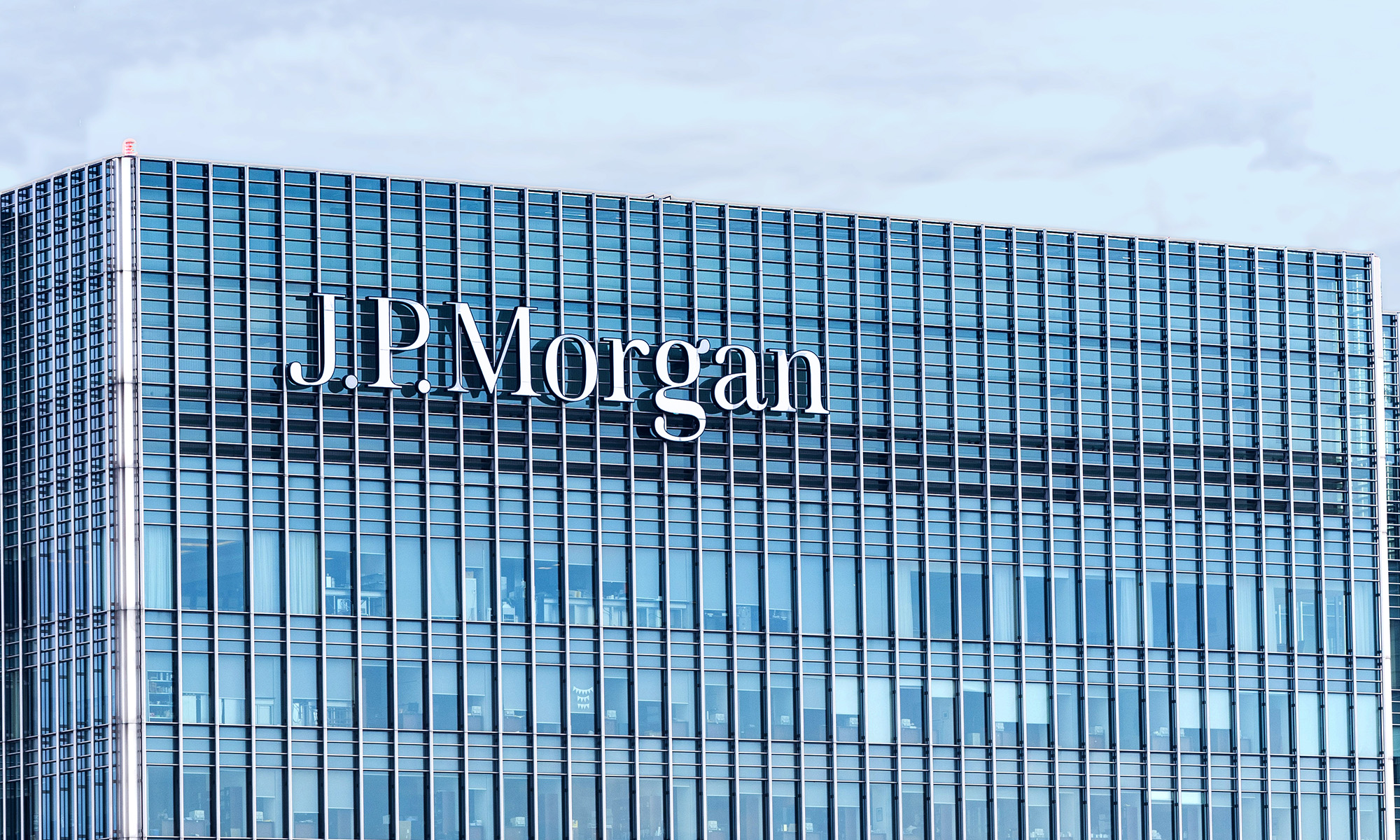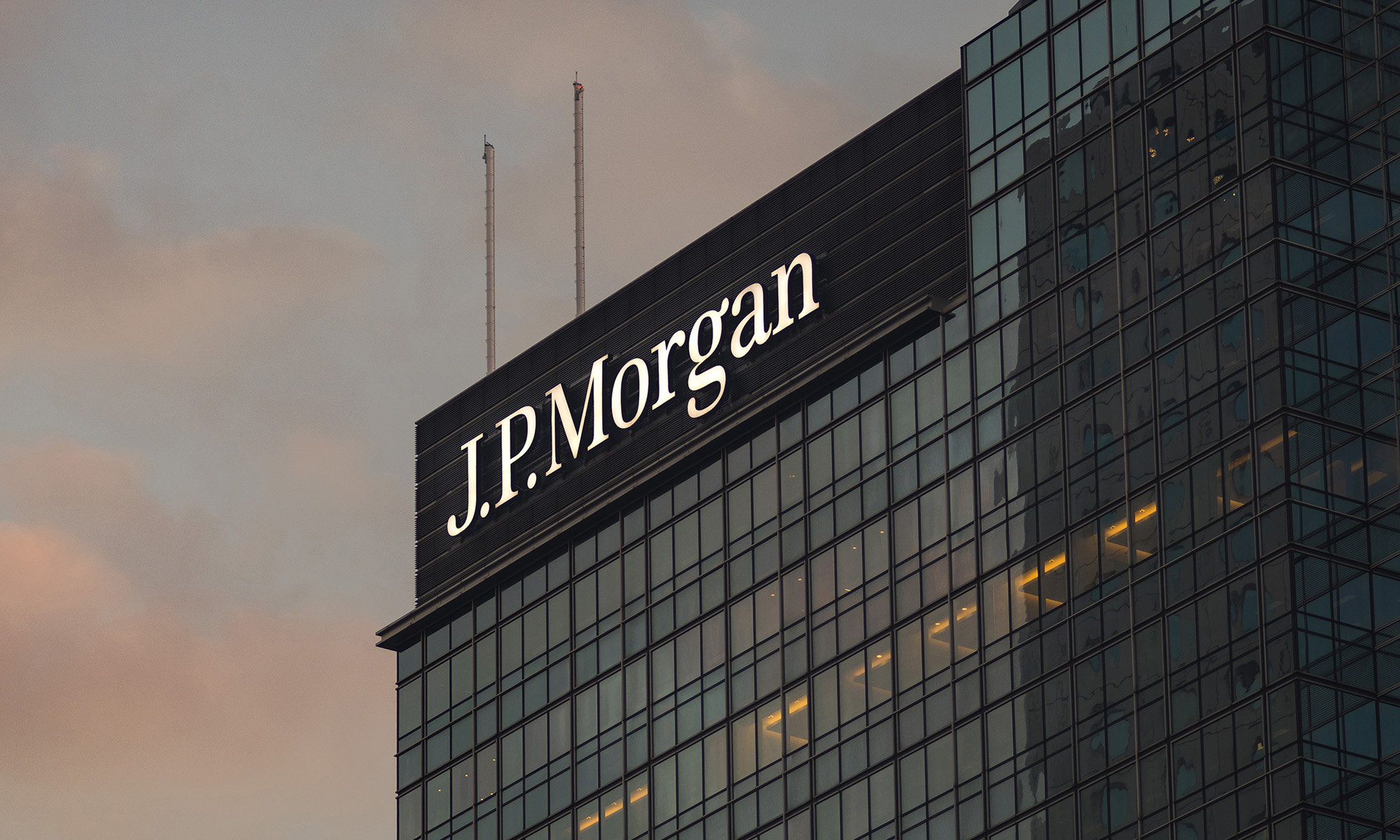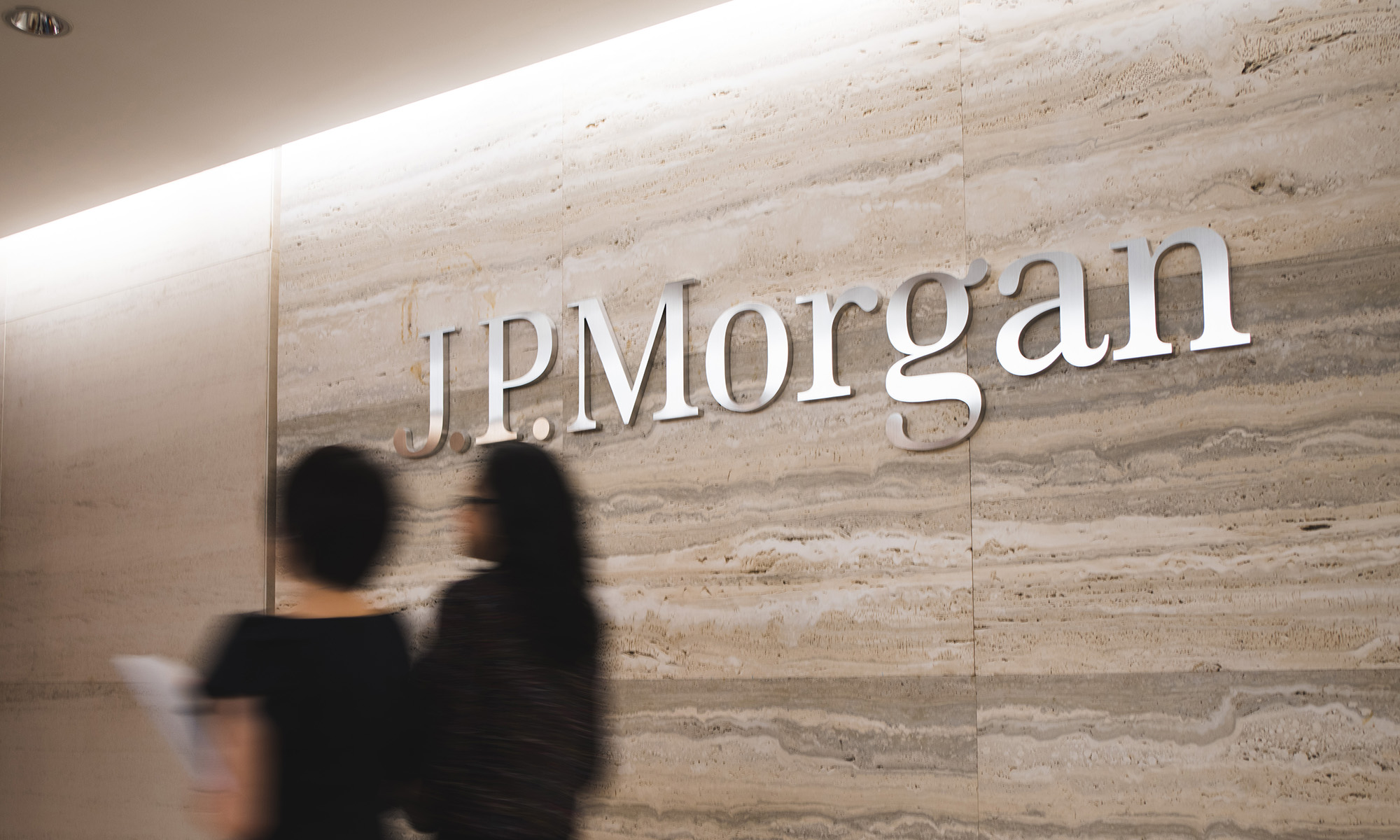The first quarter may have come to a close, but it's one investors will never forget.
The spread of the coronavirus disease 2019 (COVID-19) has, thus far, led to more than 1 million confirmed cases worldwide and resulted in the deaths of approximately 53,000 people. Furthermore, the U.S. has registered more than double the number of cases of COVID-19 of any other country, making it the epicenter of the outbreak.
As you can imagine, the uncertainty as to how long this respiratory illness will proliferate, and therefore how long stringent mitigation measures will be needed to flatten the curve, has eviscerated the equities market. The 123-year-old Dow Jones Industrial Average wound up logging its worst first quarter ever in the wake of the coronavirus crash. Meanwhile, all three major U.S. indexes plunged into bear market territory faster than in any previous correction of at least 20% from recent highs.

Berkshire Hathaway CEO Warren Buffett at his company's annual shareholder meeting. Image source: The Motley Fool.
Warren Buffett is almost certainly buying stocks as the market plunges
Though there's a good chance your portfolio has taken a pounding of late, it probably pales in comparison to the paper losses Warren Buffett has racked up in six-plus weeks. Since the market peaked, Buffett's investment portfolio at Berkshire Hathaway (BRK.A +0.48%)(BRK.B +0.21%) has lost approximately $87 billion in market value, through April 2.
Then again, it's not exactly as if this is Buffett's first rodeo. He's seen more than his fair share of bear markets over many decades, and he's often used these times of immense fear to bulk up his investment portfolio and nab wonderful businesses at a fair price.
As a reminder, while the benchmark S&P 500 has returned 19,784% (including dividends) between 1964 and 2019, Berkshire Hathaway's per-share market value is up more than 2,744,000% over the same period. That's the result of Buffett's approach of "being greedy when others are fearful" put into action. Thus, when I see the stock market crashing over the course of a few weeks, and Buffett sitting on a near-record $128 billion in cash, as of the end of 2019, it's all but certain that he's gone shopping.
While we won't know the full gamut of companies that Buffett purchased until mid-May, which is when Berkshire Hathaway will file its 13F with the Securities and Exchange Commission, I consider it highly likely that the Oracle of Omaha added to his existing positions in the following four stocks in March.

Image source: JPMorgan Chase.
JPMorgan Chase
I'd be very surprised if Buffett didn't put at least some of his capital to work in money-center bank JPMorgan Chase (JPM 0.67%) last month. Buffett has some pretty large stakes in U.S. banks -- but his stake in JPMorgan Chase stood at less than 2% of outstanding shares at the end of 2019. This means Berkshire Hathaway can add to its position pretty aggressively without approaching the 10% stakeholder level where oversight rules can get a bit trickier.
JPMorgan Chase is consistently one of the top big banks for return on assets (ROA), which is a fancy way of saying it generates a profit more effectively on its assets than other banks. Unlike its peers, it's also been opening branches to push into new regions, and has made big investments in digital banking and mobile applications. While there's no doubt that lower lending rates will hurt the company's net interest income, Buffett has the utmost faith in CEO Jamie Dimon to guide JPMorgan Chase through this bear market.

Image source: Getty Images.
U.S. Bancorp
Perhaps the only other big bank that can really rival JPMorgan Chase in the performance department is U.S. Bancorp (USB 0.63%). Berkshire Hathaway held an 8.7% stake in the company at the end of 2019, leaving enough room for Buffett to add to the position without crossing the 10% ownership threshold.
U.S. Bancorp's ROA has often surpassed all other money-center banks. That's why it generally trades at a premium of up to 2 times its book value. Recently, though, U.S. Bancorp has pushed to its lowest valuation relative to book and forward price-to-earnings in at least a decade. Though net interest income will be lower in the near-term, U.S. Bancorp has succeeded in coercing more users to bank online, and has effectively controlled noninterest expenses by reducing its physical branch count.
It's as steady a company as they come in the banking industry.

Image source: Getty Images.
Kroger
It's incredibly uncommon for Warren Buffet to buy into a company just once. Rather, Buffett's style is to build a position in great businesses over the course of numerous quarters. Having first taken a position in grocery store chain Kroger (KR +0.57%) during the fourth quarter of 2019, I find it highly likely that Berkshire Hathaway will have further grown that stake during the first quarter (and likely in March).
As you can imagine, Kroger has been especially busy with consumers stocking up on supplies so they can remain at home as the coronavirus pandemic plays out. Consensus profit estimates for 2020 on Wall Street are up $0.09 over the past month, which translates into about $71 million in additional net income this year for Kroger.
Additionally, while this pandemic is tragic, it may allow the "Restock Kroger" initiative an opportunity to shine. Restock Kroger focuses on online ordering and promotes higher-margin discretionary purchases.

Image source: Getty Images.
General Motors
Finally, don't be surprised if Buffett nibbled on what's been a favorite value stock of late, General Motors (GM 1.99%). Shares of GM have been nearly halved over the past six weeks, and Buffett was more than willing to add to his position in the Detroit automaker before its recent descent.
While General Motors is facing a very serious short-term downturn in global auto sales, it's worth noting that it has not chosen to suspend its dividend, which is in stark contrast to peer Ford, which has shelved its dividend. For now, General Motors has looked for ways to reduce expenses, and has drawn about $16 billion from its credit lines to boost its immediate liquidity. Including access to credit, GM had almost $35 billion in liquidity at the end of 2019.
While it could be a bumpy year, GM looks to have enough cash to weather the storm – and my suspicion is that Buffett knows it.











